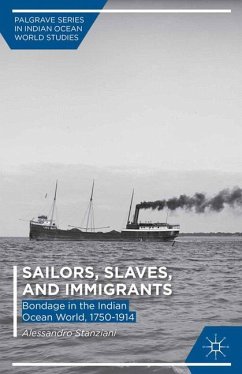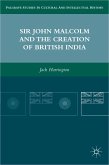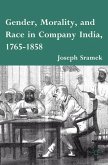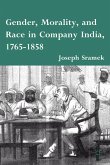Slaves, convicts, and unfree immigrants have traveled the oceans throughout human history, but the conventional Atlantic World historical paradigm has narrowed our understanding of modernity. This provocative study contrasts the Atlantic conflation of freedom and the sea with the complex relationships in the Indian Ocean in the long 19th century.
'Stanziani's important study demonstrates that even those nations that struggled against slavery accepted major limits on the freedom of labor. He makes clear that both in the Indian Ocean and elsewhere, on land and sea, most laboring men and women were in some ways bound.' Martin Klein, Professor Emeritus of African Studies, University of Toronto, Canada
'This is a highly original, provocative, and powerfully argued book that brings together a number of vibrant and dynamic historiographical debates. Stanziani successfully challenges a number of ideas on sea bound labor that derive from the existing scholarship's exaggerated focus on the Atlantic Ocean. He convincingly shows that in the world of the Indian Ocean there was no clear passage from slavery to wage labor but rather the coexistence of different forms of bondage, dependence and servitude. A highly welcomed contribution to the burgeoning field of global labor history.' Andreas Eckert, Professor and Chair of African History, Humboldt University of Berlin, Germany
'This is a highly original, provocative, and powerfully argued book that brings together a number of vibrant and dynamic historiographical debates. Stanziani successfully challenges a number of ideas on sea bound labor that derive from the existing scholarship's exaggerated focus on the Atlantic Ocean. He convincingly shows that in the world of the Indian Ocean there was no clear passage from slavery to wage labor but rather the coexistence of different forms of bondage, dependence and servitude. A highly welcomed contribution to the burgeoning field of global labor history.' Andreas Eckert, Professor and Chair of African History, Humboldt University of Berlin, Germany








